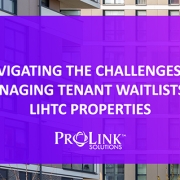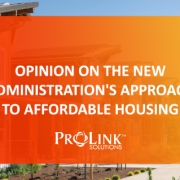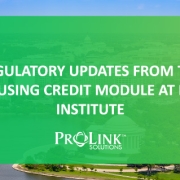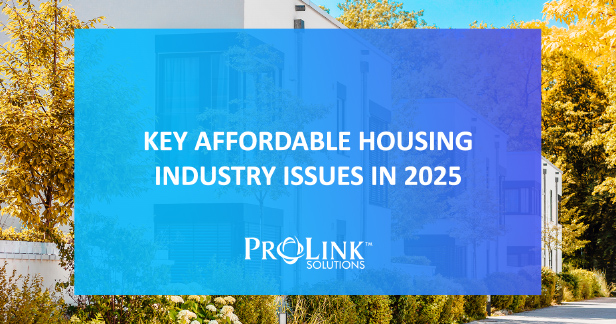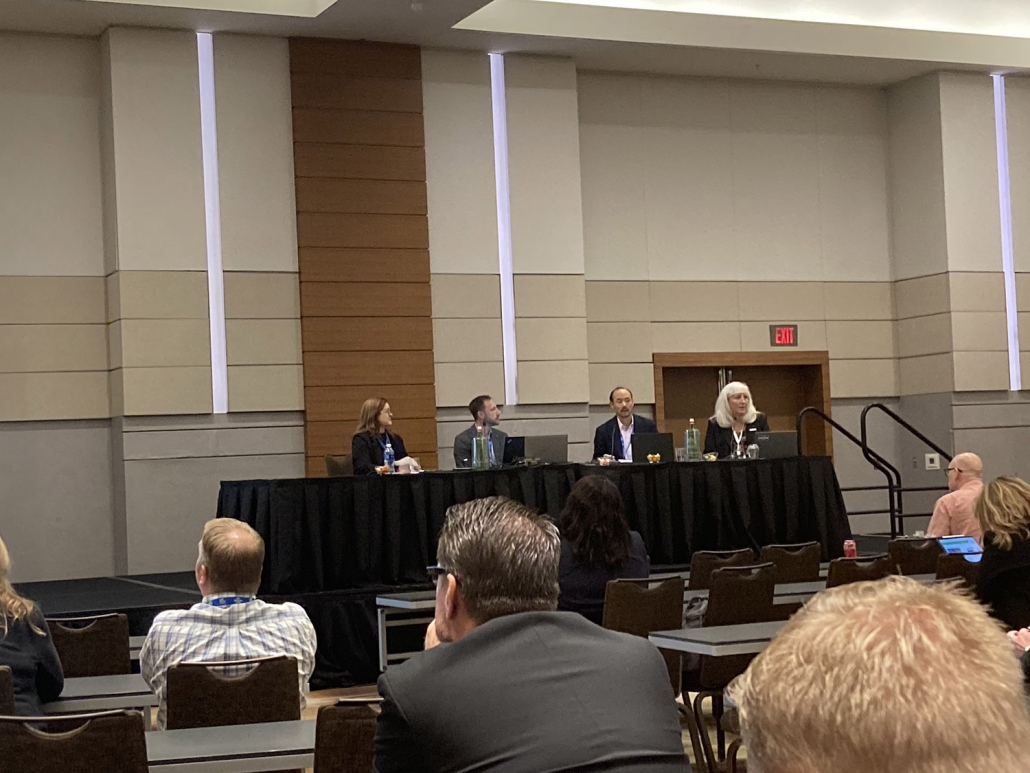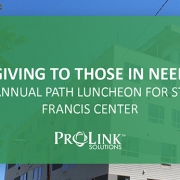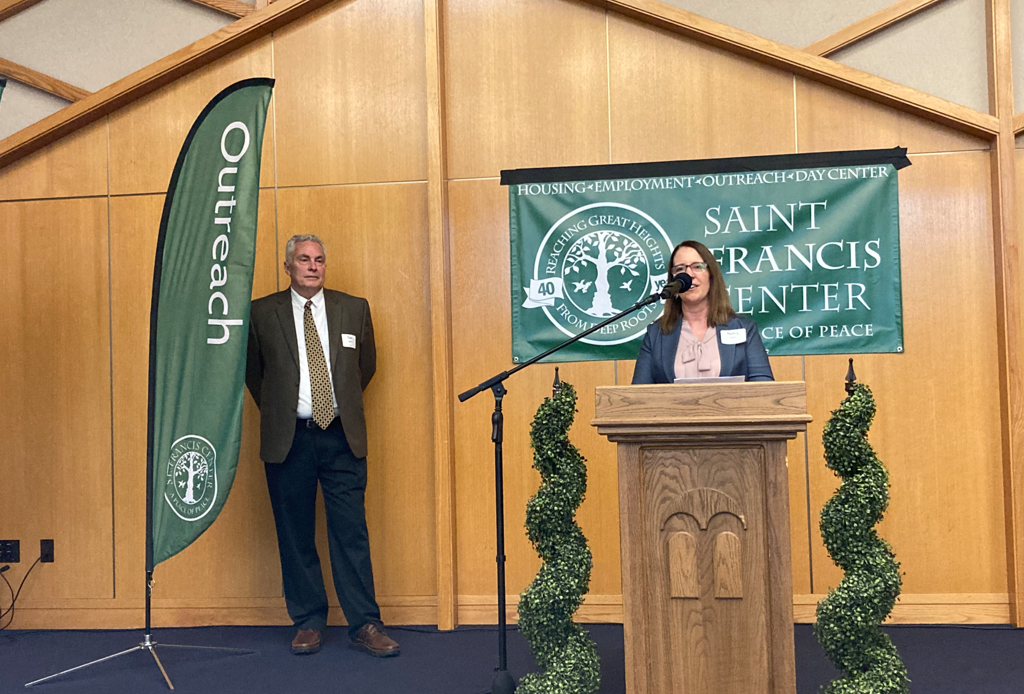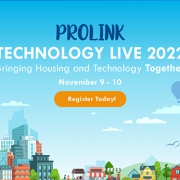Navigating the Challenges of Managing Tenant Waitlists at LIHTC Properties
Effective collaboration between Housing Finance Agencies (HFAs), Low-Income Housing Tax Credit (LIHTC) property managers, and community-based organizations is crucial in ensuring that housing opportunities reach those who need them most. While HFAs oversee LIHTC properties at a high level, nonprofits are deeply engaged with tenant populations, such as veterans, single mothers, or individuals with disabilities. However, communication between these entities often falls short, creating significant challenges in tenant prioritization and placement.
The Communication Disconnect
HFAs are responsible for administering the overall waitlist for LIHTC properties, ensuring compliance with tax credit requirements, and managing property oversight. Nonprofits, on the other hand, are more directly involved with tenants, advocating for their needs and ensuring that vulnerable groups receive the attention and housing they require.
However, when units become available, the owner/agent typically reaches out to the next person on the waitlist without directly informing the nonprofit organizations that could advocate for prioritized tenants. This leads to misplacement of tenants—someone with lower priority on the waitlist may be placed in a unit that was meant for a more vulnerable population, such as a single mother or a veteran.
A study done by the Urban Institute highlights how this breakdown in communication impacts the efficiency of affordable housing programs and exacerbates the difficulties faced by specialized tenant groups.
Consequences of Poor Communication
The absence of timely and effective communication has serious consequences for both tenants and the organizations supporting them. This lack of communication can result in misaligned placements with tenants who are less suited for specialized units being placed in them, undermining the intent of LIHTC programs, which prioritize specific groups. Additionally, specialized units may remain unoccupied due to the failure to notify appropriate tenants. The affordability goal of the LIHTC program is then compromised, leading to a waste of valuable resources.
According to the National Low-Income Housing Coalition, ensuring that tenants are appropriately matched with units according to their needs can help reduce vacancy rates and improve the overall effectiveness of affordable housing programs.
These challenges highlight the need for strengthened partnerships between owner/agents, HFAs and nonprofit organizations to enhance the effectiveness of affordable housing programs. Better communication also significantly improves housing access and efficiency.
Best Practices for Improved Collaboration
To enhance communication and ensure timely placements, HFAs and nonprofits can:
- Use Integrated Waitlist Systems: Share databases for real-time access and updates to waitlist information.
- Establish Prioritization Protocols: Collaborate to define clear tenant prioritization criteria that align with regulatory requirements and community needs.
- Assign Liaisons: Designate staff to facilitate communication between owner/agents, HFAs and nonprofits.
- Provide Training: Offer joint sessions to ensure understanding of LIHTC regulations and tenant needs.
Conclusion
At ProLink, we’re working closely with our clients to optimize our platform and improve the management of waitlists, ensuring better communication between Housing Finance Agencies and nonprofits. We’re also exploring future solutions to further address waitlisting challenges and enhance collaboration, ultimately supporting the success of affordable housing programs.


